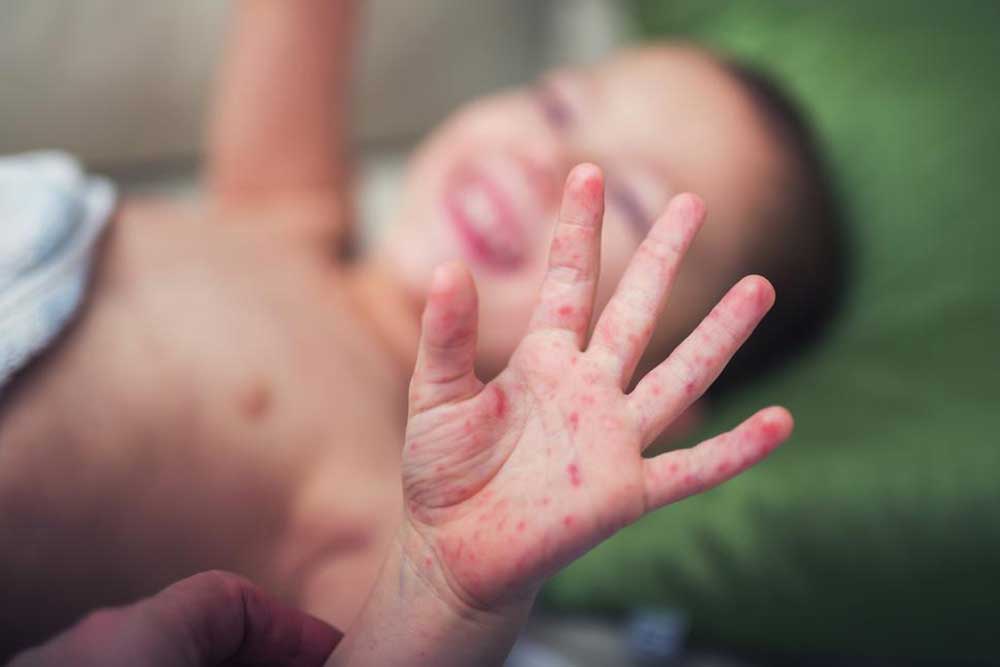Herpes Overview: Types, Symptoms, and Prevention Tips
Herpes is a common viral infection with two main types: HSV-1 and HSV-2. It can cause painful sores on the mouth or genitals. Although incurable, symptoms can be managed with medication, and preventive measures like safe sex practices and maintaining immune health are essential. Understanding triggers and early detection can help reduce outbreaks and transmission risk.
Herpes Overview: Understanding Types, Symptoms, and Prevention
Herpes is a viral infection caused by the herpes simplex virus, which can remain inactive in the body for years. It often affects the mouth, genitals, anus, and skin. Many individuals carry the virus without showing symptoms but can still transmit it to others. Transmission mainly happens through skin-to-skin contact with infected areas, leading to symptoms like blisters, ulcers, burning sensation during urination, cold sores, and unusual vaginal discharge.

While herpes can be uncomfortable and painful, it is generally not dangerous and can be managed with medications and home remedies.
Herpes Types
HSV-1 (oral herpes) and HSV-2 (genital herpes) are the two main strains. HSV-1 typically causes cold sores around the mouth, lips, and throat, and tends to recur on the face. HSV-2 mostly infects the genital and anal areas, causing sores on the vulva, vagina, cervix, penis, scrotum, inner thighs, and buttocks, with more frequent recurrences there. Symptoms usually appear 2-14 days after infection, with primary outbreaks being more painful and recurrent episodes milder and faster healing.
Transmission occurs through moist skin contact from infected areas. Although there's no cure, antiviral drugs can reduce flare-ups, and outbreaks are often less severe over time.
Preventive Measures
Use daily suppressive medication if outbreaks are frequent.
Consistently use condoms during sexual activity.
Avoid intimate contact during outbreaks.
Refrain from kissing when cold sores are present.
Limit the number of sexual partners.
Identify personal triggers like stress or skin irritation.
Maintain a healthy diet rich in fruits and vegetables.
Get enough sleep and manage stress to strengthen immunity.
Avoid skin irritants such as tight clothing or waxing.
Interesting Facts
Over half the population has HSV-1, and about 15.5% carry HSV-2.
Herpes can appear years after initial infection, even in committed relationships.
Genital herpes cannot be contracted from toilet seats or topical applications.


